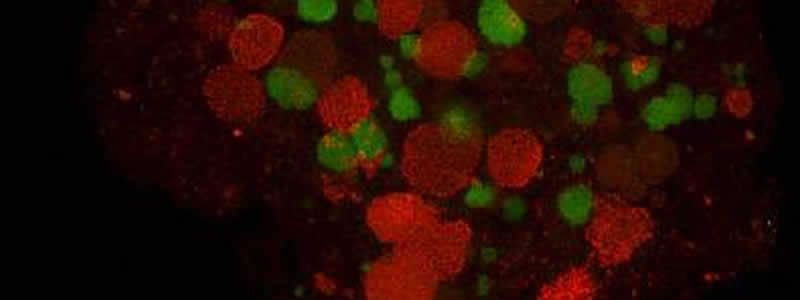
The environmental microbiology section is gathering people working with microorganisms and microbial communities of natural and engineered systems. Bacteria, archaea, and other microorganisms have a strong influence on, or even govern, the biogeochemical cycle of several major elements such as carbon, nitrogen, phosphorous and sulfur.
Modern techniques in molecular biology and chemical analytics enable to study those microorganisms under natural or close-to-natural conditions and to understand their functioning and interactions. This section includes areas such as microbial biogeochemistry, geomicrobiology, microbial ecology, and biodegradation of environmental pollutants. With activities such as the Swiss Microbial Ecology meetings, the section aims to foster contacts between Swiss microbiologists interested in environmental microbiology, to promote scientific exchange and collaborations, to review and discuss recently developed tools and concepts, and to allow young scientists to work in a stimulating scientific environment.
